CURRENCY
BUSINESS OPPORTUNITIES IN QATAR
QATAR
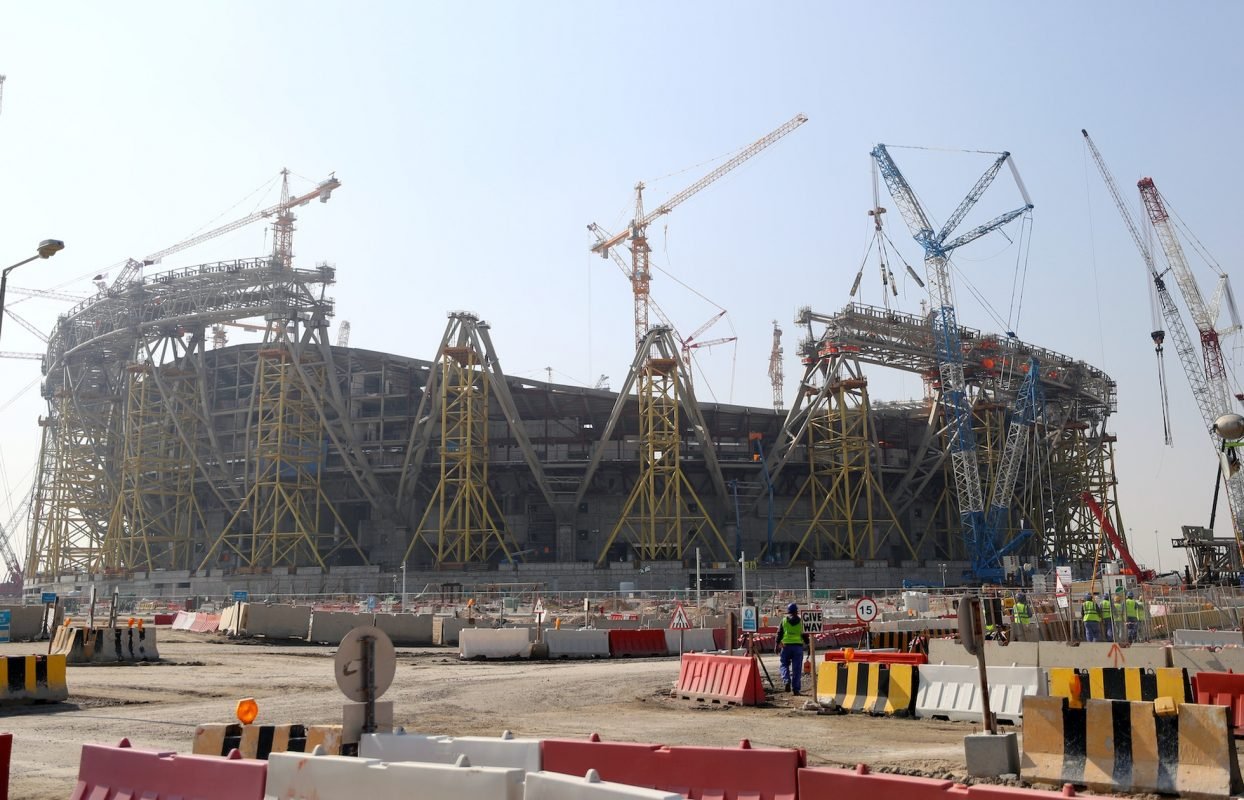
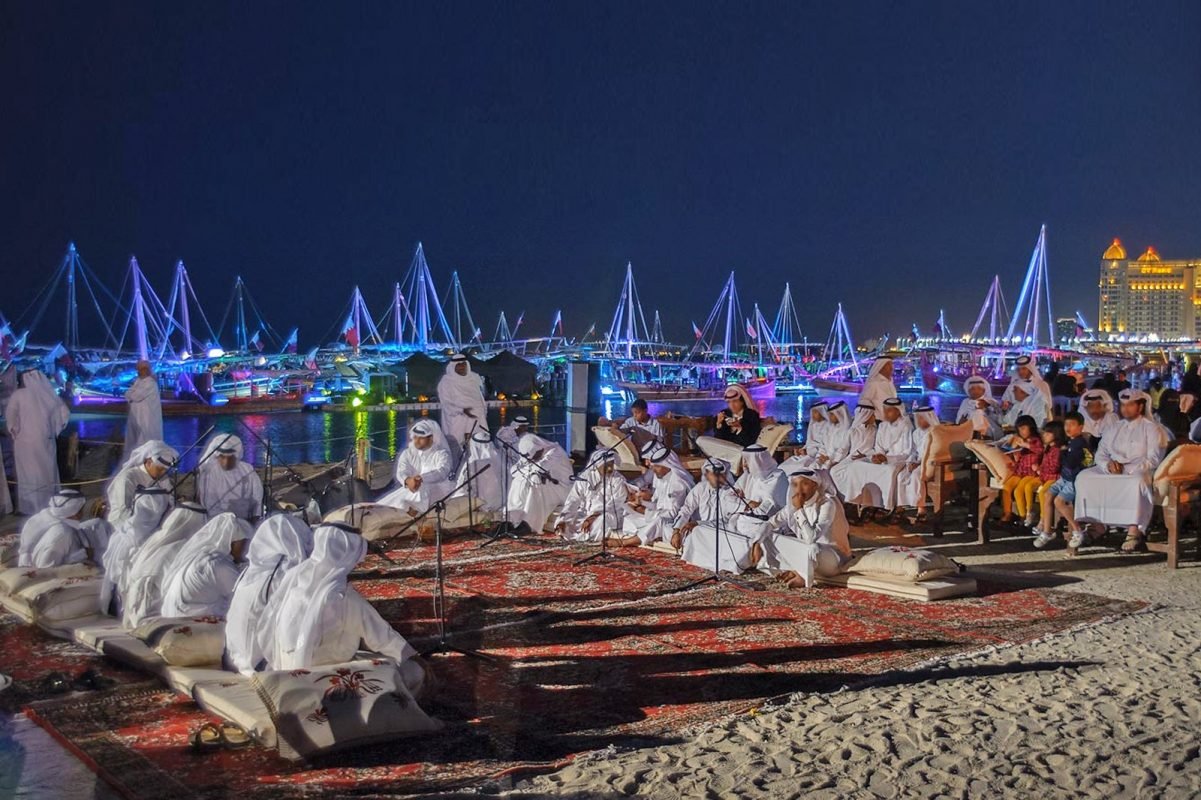
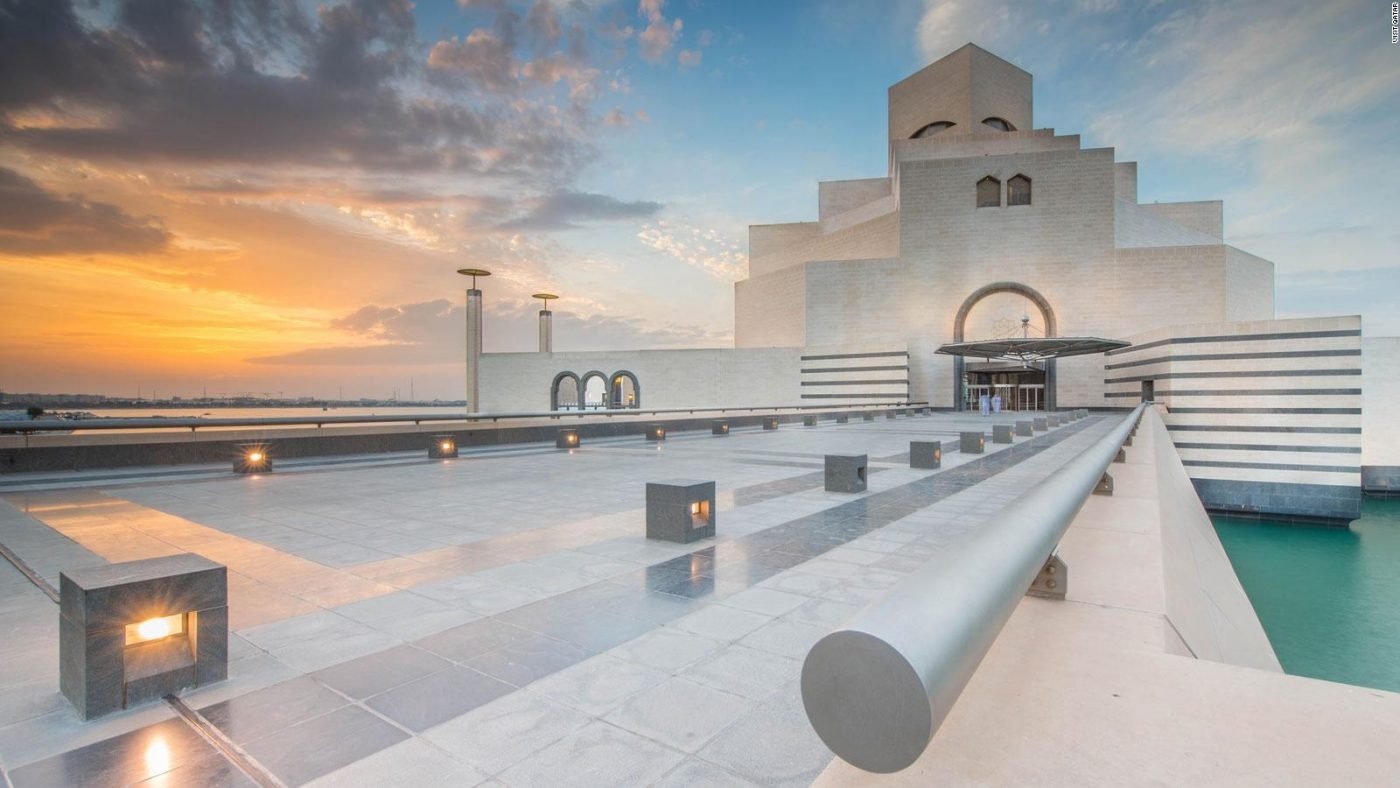
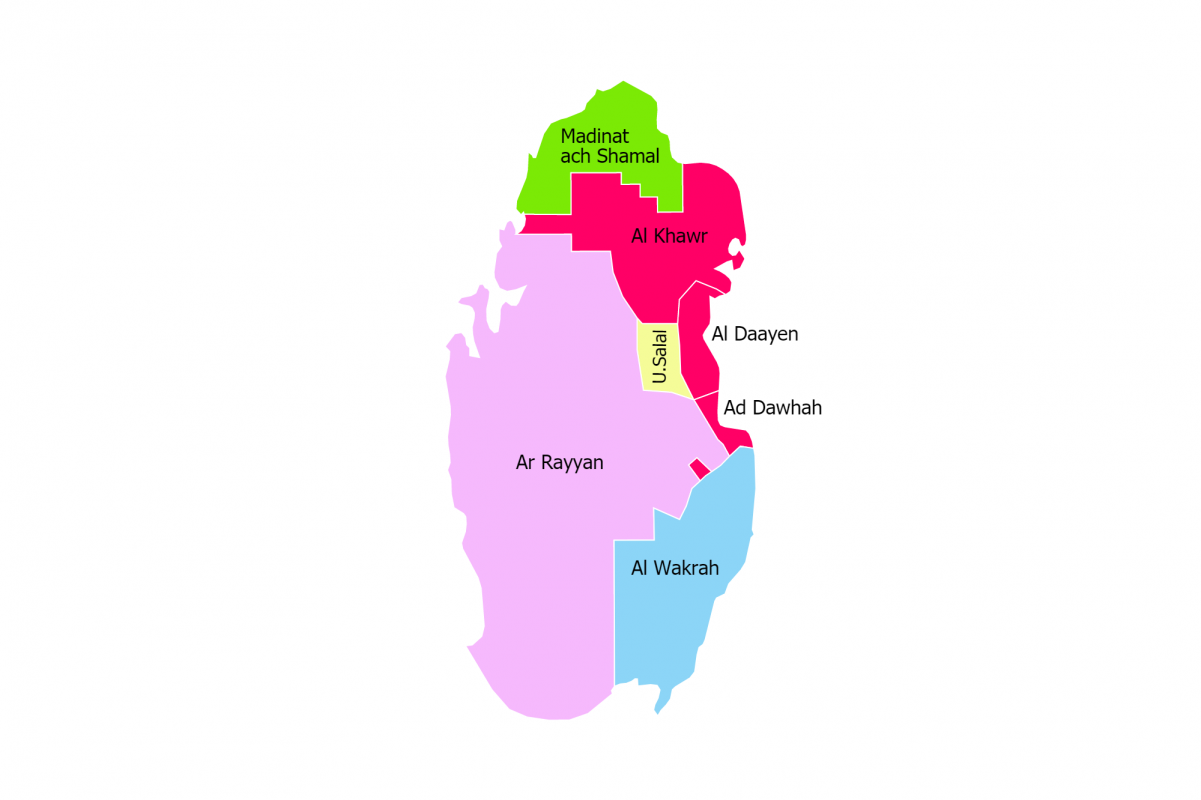
FLAG
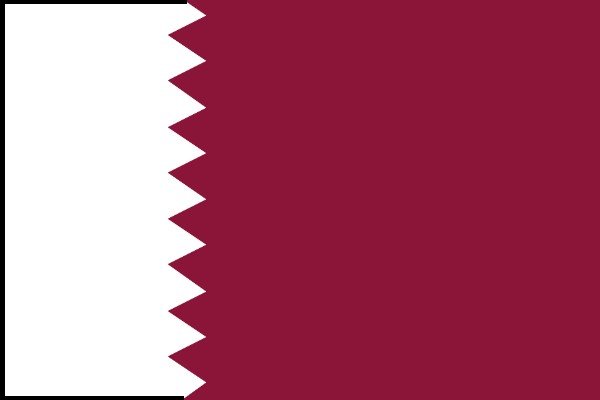
QATAR
CAPITAL CITY
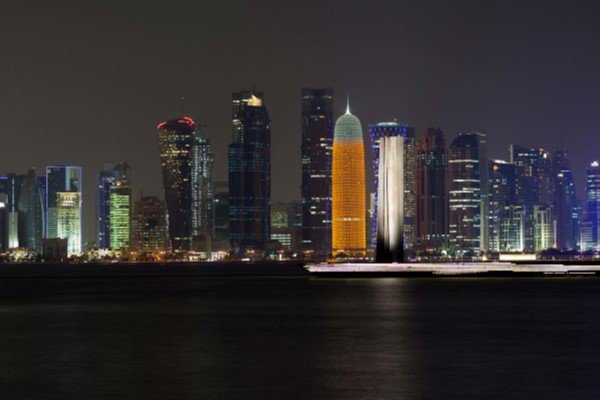
DOHA
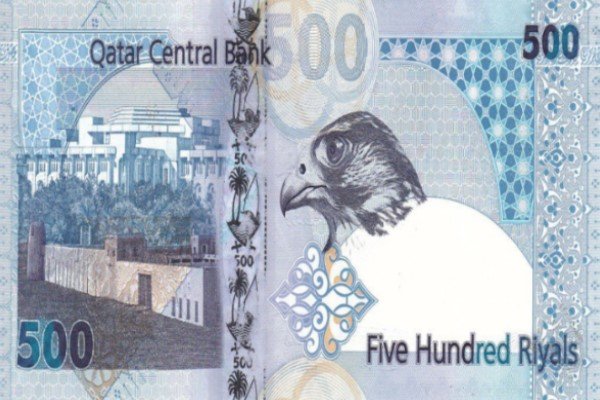
QATARI RIYAL
Language

Population

29.34 LAKHS
Country
Calling Code
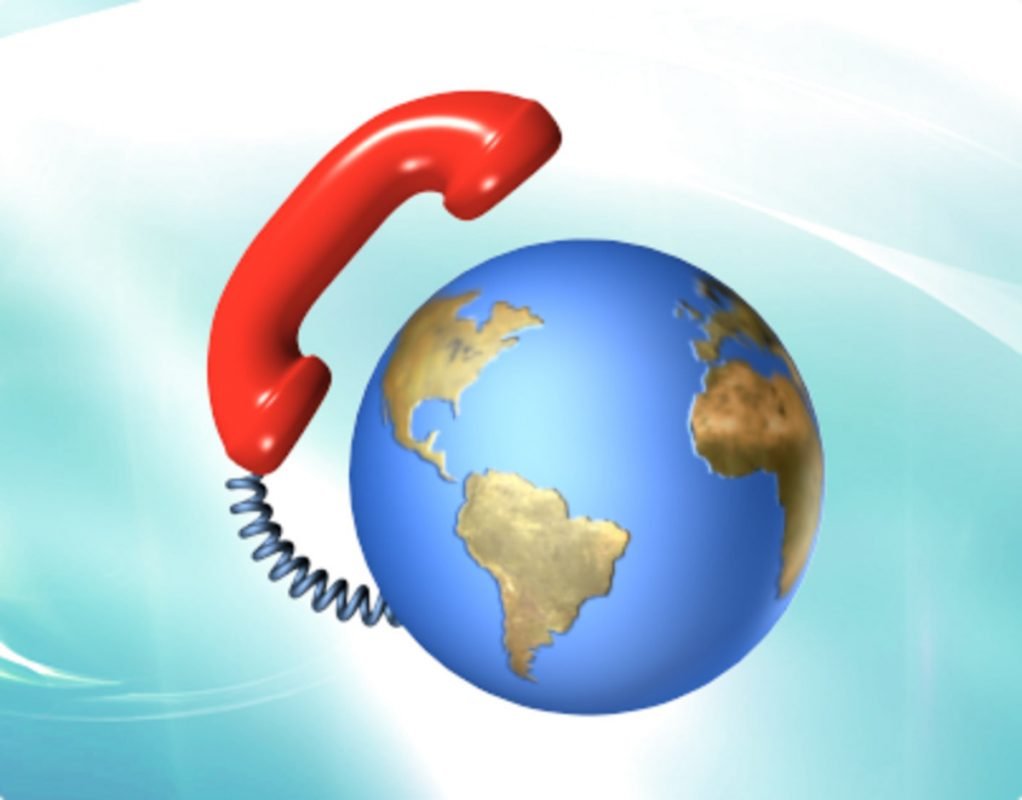
+974
LOCATION:
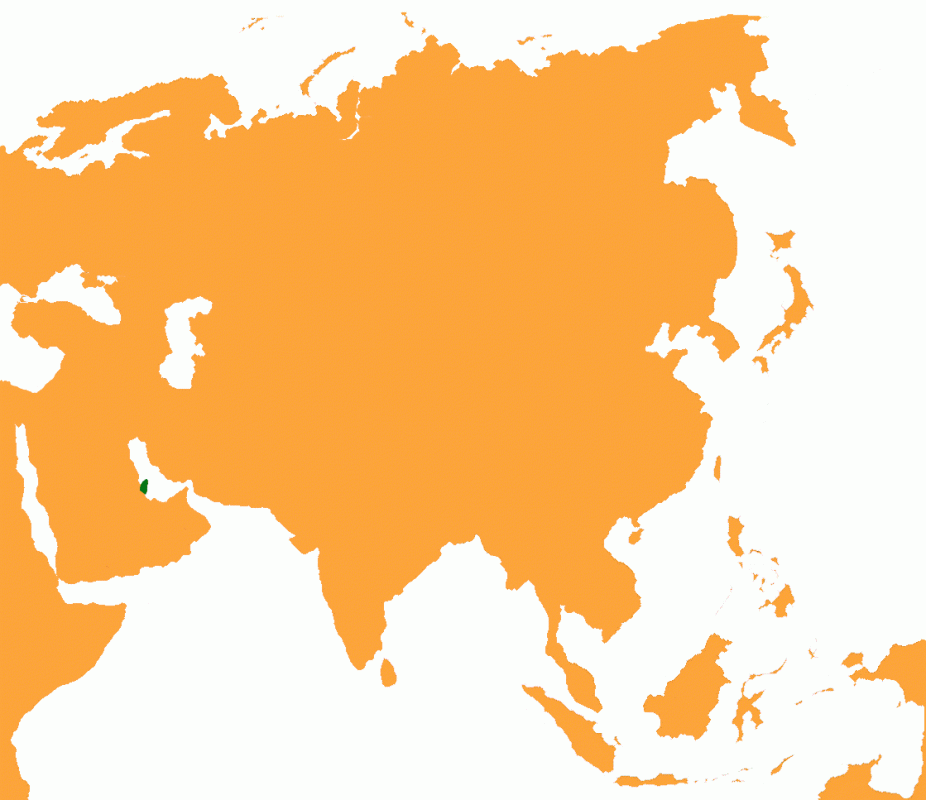
TH MIDDLE EAST
BORDER COUNTRIES:
SAUDI ARABIA
ABOUT QATAR
Amongst all the countries in Western Asia, Qatar, officially the State of Qatar, is a peninsula nation located on the northeastern coast of the Arabian Peninsula, extending into the Persian Gulf. Historically known for pearling and fishing, Qatar has undergone an extraordinary transformation since the discovery of vast natural gas reserves, becoming one of the world’s wealthiest nations per capita and the largest exporter of Liquefied Natural Gas (LNG). As an independent emirate, it has rapidly developed into a global hub for business, sports, and culture, notably hosting the FIFA World Cup in 2022. Doha is the capital and largest city, serving as the country’s economic, political, and cultural center, characterized by its modern skyline and extensive infrastructure. According to the World Bank, Qatar is classified as a High-Income Economy.
The currency of Qatar is the Qatari Riyal (QAR). As of today’s exchange rates (June 2025), 1 Qatari Riyal is approximately 23.49 Indian Rupees. The population of Qatar is estimated at approximately 3.1 million in 2024, with a significant majority being expatriates contributing to its diverse workforce. Qatar shares a land border with Saudi Arabia to the south and maritime borders with Bahrain, the United Arab Emirates, and Iran across the Persian Gulf. The official language is Arabic. English is very widely spoken and understood, particularly in business, hospitality, and among the expatriate community. Islam is the dominant religion, with the majority of Qataris adhering to Sunni Islam, alongside a sizable expatriate population practicing various other faiths. The main international airport is Hamad International Airport (DOH) in Doha, a major global aviation hub. Key commercial seaports include Hamad Port (the largest in the region), Ruwais Port, and Mesaieed Port, facilitating extensive trade and logistics.
The corporate income tax rate for foreign companies operating in Qatar is generally a flat 10% on taxable income. Qatari companies and the Qatari share of mixed-ownership companies are typically subject to Zakat, an Islamic tax. Qatar actively promotes foreign direct investment (FDI) through various incentives, driven by its National Vision 2030, which aims to diversify the economy away from hydrocarbons. Key entities facilitating investment include the Ministry of Commerce and Industry (MoCI), Invest Qatar, Qatar Financial Centre (QFC), and Qatar Free Zones Authority (QFZA). Incentives often include:
- Tax Exemptions: Tax holidays or reduced tax rates for companies operating in specific free zones (e.g., Qatar Free Zones, Qatar Science & Technology Park, Qatar Financial Centre) or strategic sectors.
- Duty Exemptions: Exemption from customs duties on imported machinery, equipment, and raw materials for industrial projects.
- 100% Foreign Ownership: Allowed in most sectors and particularly in the free zones, removing previous requirements for local partners.
- Access to Infrastructure: State-of-the-art infrastructure, including ports, airports, and digital networks.
- Repatriation of Profits: Full repatriation of capital and profits. Opesh Group of companies will be helping you in completing the Due Diligence process which includes financial planning, registration process, business options and if required, even helping you find a Rental property for your office.
Establishing a business in Qatar has become more streamlined due to ongoing reforms aimed at improving the ease of doing business and attracting international investors. Foreign investors commonly establish a Limited Liability Company (LLC), a Branch Office, or set up within one of the specialized Free Zones. Qatar’s Foreign Investment Law permits 100% foreign ownership in most sectors, particularly in the Qatar Financial Centre and Qatar Free Zones. This open approach, combined with a stable political environment, strong financial resources, and a commitment to economic diversification, makes Qatar an attractive destination for foreign businesses.
In case an investor is planning to establish an LLC or a corporate business setup in Qatar, Opesh Group will be helping you in taking the right decision for setting up your business in Qatar and we will also guide you about how to follow the procedure while formulating your company in Qatar.
Types of Business which can be started in Qatar (aligned with Qatar National Vision 2030):
- Oil & Gas and Petrochemicals: While diversification is key, opportunities remain in downstream industries, services supporting LNG expansion projects (e.g., North Field Expansion), and related technologies.
- Financial Services: Growth in conventional banking, Islamic finance, FinTech, and asset management, especially within the Qatar Financial Centre.
- Logistics & Transportation: Leveraging its strategic location and world-class Hamad Port and Hamad International Airport for air cargo, maritime services, and supply chain management.
- Tourism & Hospitality: Post-FIFA World Cup legacy, focus on developing luxury tourism, leisure, MICE (Meetings, Incentives, Conferences, and Exhibitions) facilities, and cultural attractions.
- Digital Economy & Technology: Investment in smart city solutions, AI, cybersecurity, data centers, e-commerce, and IT services.
- Food Security & Agriculture: Initiatives to enhance local food production, including sustainable farming, aquaculture, and food processing technologies.
- Healthcare & Education: Development of world-class medical facilities, specialized healthcare services, and advanced educational institutions.
- Sports & Entertainment: Building on the World Cup legacy, opportunities in sports management, events, infrastructure, and entertainment venues.
Advantages of Starting Business in Qatar:
- Strong Economy: One of the world’s highest GDP per capita, backed by vast natural gas reserves.
- Strategic Location: Gateway to the Middle East, Africa, and Asia, with excellent connectivity.
- Attractive Investment Policies: Government incentives, tax benefits, and 100% foreign ownership in many sectors and free zones.
- World-Class Infrastructure: Modern ports, airports, roads, and digital networks.
- Political & Economic Stability: A secure and predictable business environment.
- Global Recognition: Enhanced international profile after hosting major global events.
- Talented Workforce: Access to a diverse, multi-skilled international workforce.
Imports & Exports: Qatar’s economy is highly export-driven, predominantly by its hydrocarbon resources, while imports are crucial for its development and consumer needs.
Major items which are exported from Qatar:
- Liquefied Natural Gas (LNG)
- Crude Petroleum
- Petrochemicals (e.g., ethylene, polymers)
- Fertilizers
- Helium
- Aluminum
Major items which are imported in Qatar:
- Machinery and Electrical Equipment
- Vehicles and Transportation Equipment
- Chemical Products
- Food and Live Animals
- Base Metals and Articles thereof
- Pharmaceutical Products
- Precious Stones and Metals
Major items traded between Qatar and India (as of June 2025): Trade relations between Qatar and India are robust, particularly in the energy sector.
- Exports from Qatar to India: Predominantly LNG, crude oil, petrochemicals, and fertilizers. Qatar is a vital energy supplier for India.
- Imports in Qatar from India: A diverse range of goods including machinery and engineering goods, electrical equipment, cereals (especially Basmati rice), pharmaceuticals, chemicals, textiles, and processed food products. Indian companies are also significantly involved in construction, IT, and financial services in Qatar.
Manufacturing: Qatar’s manufacturing sector is strategically focused on leveraging its hydrocarbon resources to produce downstream products, alongside efforts to diversify into other areas. Key manufacturing industries include:
- Petrochemicals: A major sector, producing a wide range of products like ethylene, polyethylene, and ammonia for global markets.
- Fertilizers: Production of urea and ammonia, capitalizing on natural gas as feedstock.
- Refined Petroleum Products: Refining crude oil for domestic consumption and export.
- Basic Metals: Production of aluminum and steel, supporting construction and other industries.
- Food & Beverages: Growing domestic production to enhance food security.
- Cement: Meeting local construction demands. Diversification efforts aim to grow manufacturing in areas like advanced materials, aerospace components, and medical devices.
Mining: Qatar’s “mining” sector is almost exclusively dominated by the extraction of hydrocarbons, primarily natural gas (from the massive North Field) and crude oil. While there are some construction materials (like limestone and sand) extracted, Qatar does not possess significant non-hydrocarbon mineral deposits. The focus is entirely on maximizing value from its vast natural gas reserves, making it a global energy powerhouse.
- GDP = $235.5 billion (nominal, 2024 est. IMF)
- GDP Growth = 1.5% (2024 forecast, IMF); 2.0% (2025 forecast, IMF) Note: Growth is influenced by hydrocarbon price volatility and the pace of non-hydrocarbon sector development post-World Cup.
- Ease of doing business rank = The World Bank’s ‘Doing Business’ report has been discontinued. In its last edition (2020), Qatar ranked 77th globally out of 190 economies, showing improvements in areas like starting a business, getting credit, and trading across borders. The government continues to implement reforms to further enhance its business environment.
- GDP per Capita = $81,999 (nominal, 2024 est. World Bank)
Thanks for reading this Article. Watch our Video and know more about Qatar. For any Business Enquiry Join Millionaire Program and change everything in life and Business.. Call/ WhatsApp +91- 8094607111.
MOST RECENT VIDEOS
SIGN UP TODAY
Get our exclusive content and offers in your inbox











